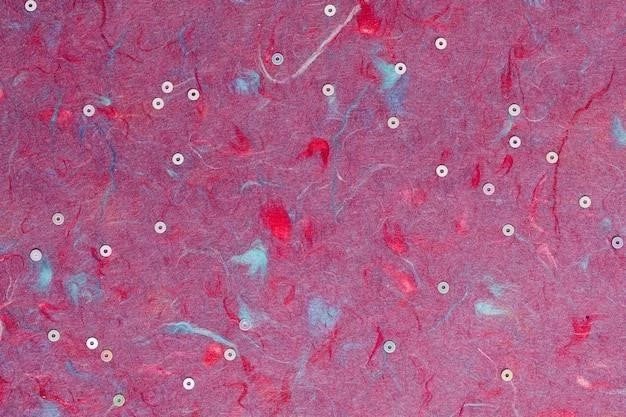Amelogenesis Imperfecta is a rare genetic disorder affecting tooth enamel formation.
Introduction to Amelogenesis Imperfecta
Amelogenesis Imperfecta is a rare genetic disorder that affects the enamel formation in teeth, leading to abnormalities in tooth color, shape, and size. It can result in increased tooth sensitivity and susceptibility to cavities. Early diagnosis and proper management are essential in maintaining oral health.
Causes of Amelogenesis Imperfecta
Amelogenesis Imperfecta is primarily caused by genetic mutations affecting enamel development.
Genetic Factors
Amelogenesis Imperfecta is primarily caused by mutations in genes encoding enamel matrix proteins, impacting enamel mineralization. The condition can be inherited in an autosomal dominant, recessive, or X-linked pattern. Genetic testing and counseling play a crucial role in understanding the inheritance pattern and potential risks for family members.
Symptoms and Diagnosis of Amelogenesis Imperfecta
Identifying discolored, pitted, or malformed teeth can indicate Amelogenesis Imperfecta.
Common Symptoms
Common symptoms of Amelogenesis Imperfecta include enamel abnormalities, such as discoloration, thin enamel, pitting, and rough surfaces on teeth. Sensitivity to hot, cold, or sugary foods may also be present. Early dental consultation is recommended for proper evaluation and management.
Diagnosis Methods
Diagnosis of Amelogenesis Imperfecta involves a dental examination, family history review, and imaging studies like X-rays to assess enamel structure. Genetic testing can help identify specific gene mutations causing the condition. Early detection enables timely intervention and personalized treatment planning. Consult a dental professional for accurate diagnosis and management.
Treatment options for Amelogenesis Imperfecta
Management may include cosmetic procedures, such as crowns or veneers, to improve aesthetics.
Current Treatment Approaches
Current treatment options for Amelogenesis Imperfecta focus on restoring tooth structure and function. Procedures like crowns, bonding, or enamel microabrasion can improve aesthetics and strengthen teeth. Regular dental visits are essential for monitoring progress and addressing any complications effectively. Consult a dental professional to determine the most suitable treatment plan tailored to your needs.
Understanding Nephrocalcinosis
Nephrocalcinosis refers to the deposition of calcium salts in the kidneys’ tubules.
Nephrocalcinosis Explained
Nephrocalcinosis occurs when calcium deposits form in the kidney tissue, potentially leading to kidney stone formation or impairment of kidney function. It can result from various underlying conditions or genetic factors. Early detection through imaging studies and monitoring kidney health are crucial in managing nephrocalcinosis. Consult a healthcare provider for proper evaluation and personalized care.

Relationship between Amelogenesis Imperfecta and Nephrocalcinosis
Studies suggest a potential link between Amelogenesis Imperfecta and Nephrocalcinosis.
Linking the Conditions
Some individuals with specific types of Amelogenesis Imperfecta may have an increased risk of developing Nephrocalcinosis. Regular monitoring by both dental and medical professionals is crucial in managing these interconnected conditions effectively. Early intervention can help prevent potential complications and improve overall health outcomes. Consult with your healthcare team for personalized care and guidance.
Management of Nephrocalcinosis
Management of Nephrocalcinosis involves monitoring kidney health and addressing underlying causes.
Treatment and Prevention
Treatment of Nephrocalcinosis focuses on addressing the underlying causes and preventing further calcium deposits in the kidneys. This may involve lifestyle modifications, dietary changes to reduce calcium intake, adequate hydration, and medications to manage mineral imbalances. Regular follow-ups with a healthcare provider are essential to monitor kidney function and prevent complications. Consult a nephrologist for personalized care and guidance.
Research advances in treating Amelogenesis Imperfecta nephrocalcinosis syndromes
New research focuses on identifying genetic markers to improve targeted treatments.
Emerging Treatments
Emerging treatments for Amelogenesis Imperfecta nephrocalcinosis syndromes focus on specialized gene therapies and regenerative techniques to target the root causes of these interconnected conditions. Advancements in personalized medicine offer hope for more effective and tailored interventions in the future. Stay informed about the latest research developments and consult with healthcare experts for the most up-to-date treatment options.
